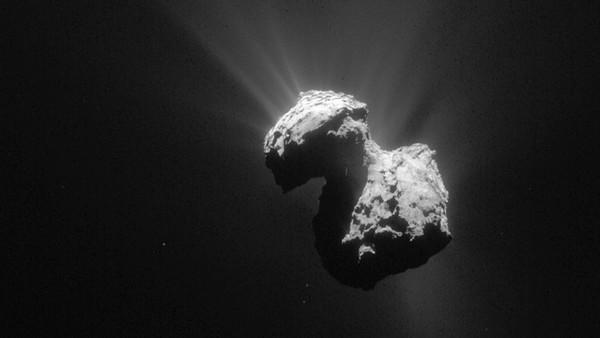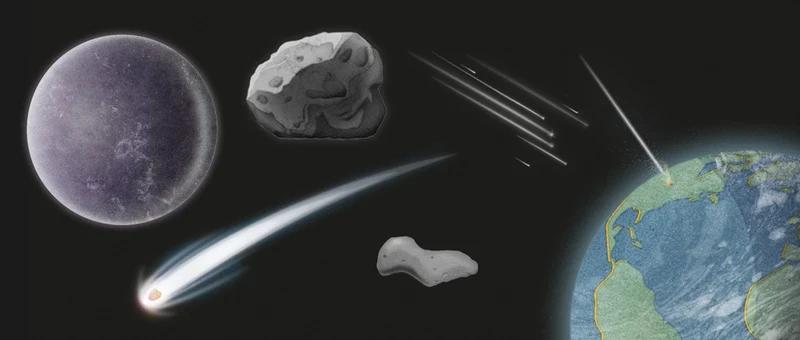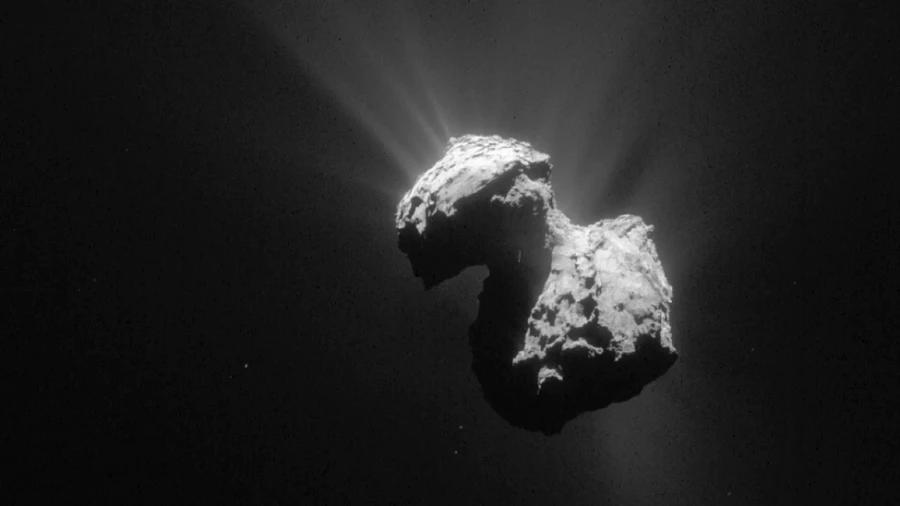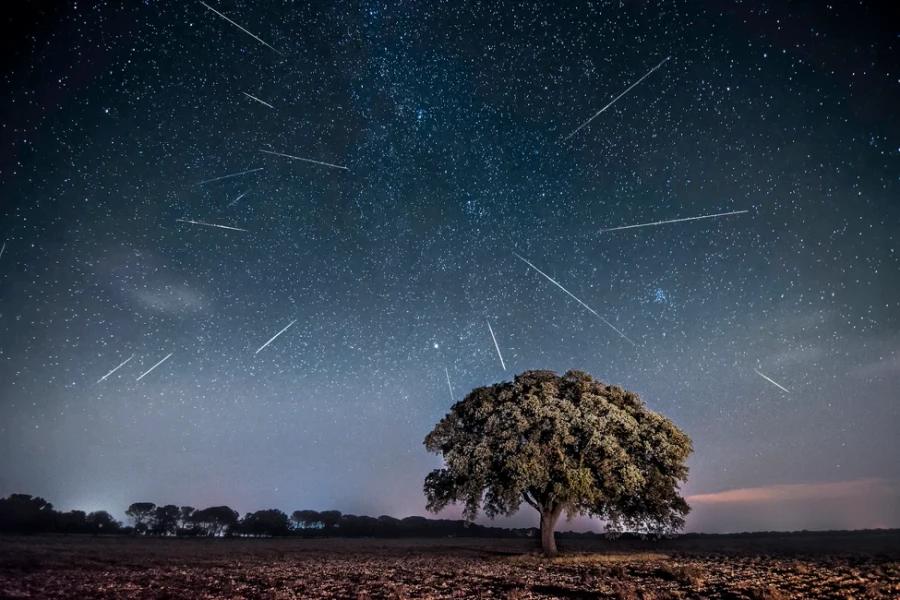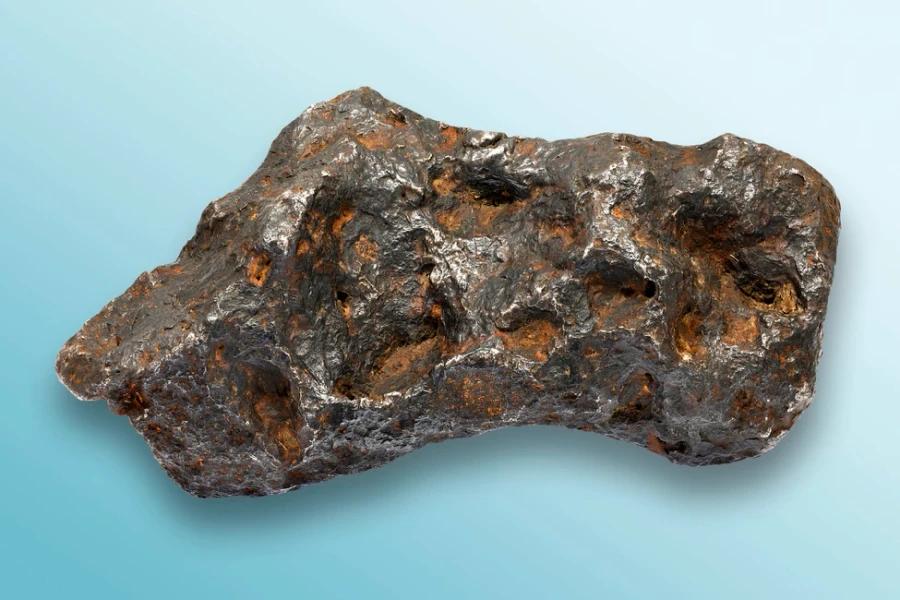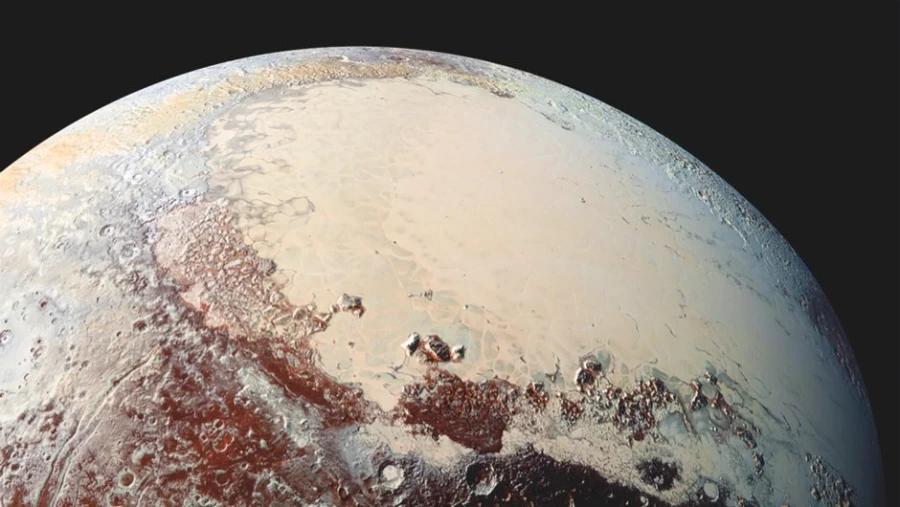Meteor, asteroid and comet: What’s the difference? | BBC Science Focus Magazine
Curated from: sciencefocus.com
6
Explore the World's Best Ideas
Join today and uncover 100+ curated journeys from 50+ topics. Unlock access to our mobile app with extensive features.
Asteroid
Asteroids are small, rocky objects that orbit the Sun. Most are irregularly shaped, although some are nearly spherical.
There are over a million known asteroids, and most can be found in the main asteroid belt between Mars and Jupiter.
12
161 reads
Comet
Comets are large, icy bodies of frozen gases, dust, and rock, with a frozen nucleus. They orbit the Sun on highly elliptical paths. The distinctive tail is caused by the Sun tuning the ice into gas when they orbit close to the Sun.
Comets consist of four broad categories:
- Non-periodic comets: comets that have only passed through the Solar System once
- Short-period comets: comets with an orbit of fewer than 200 years
- Long-period comets: comets with an orbit of more than 200 years
- Lost comets: comets that have 'disappeared' and were not seen at their most recent perihelion (closest point to the Sun)
12
130 reads
Meteor shower
As comets or asteroids travel around the Sun, they leave behind a trail of debris in their wake.
When Earth's orbit intersects with this debris, thousands of bright trails appear to radiate from one point in the night sky.
11
132 reads
Meteoroid
Meteoroids are space rocks. They are fragments and debris from asteroids and comets.
These particles continue orbiting the Sun in approximately the same orbit as the parent body from which they came. Over time, they get further away from the parent as the orbit becomes littered with these particles.
When a meteoroid enters the Earth's atmosphere and burns up, it leaves a glowing trail in the sky and is known as a meteor - or, more popularly, a shooting star.
12
107 reads
Fireball
A firebal is when a meteor entering the atmosphere exceeds Venus in terms of brightness.
A large fireball will be visible for 5-10 seconds, and if you see a fireball that looks like it was close, be sure to listen out for a rumbling, or 'detonation' type sound. However, a fireball that lasts for more than 10 seconds is likely a satellite or some form of aircraft falling back to Earth.
11
97 reads
Meteorite
Meteorites are meteoroids that survive the journey to Earth's surface. Meteorites fall every day. However, finding one is incredibly rare.
There are four broad types of meteorites:
- Iron meteorite: those which are almost entirely made of metal
- Stony meteorite: those which are almost entirely made of silicate crystals
- Stony-iron meteorite: those which have similar amounts of both metal and silicate crystals
11
106 reads
Dwarf Planet
Each of the known dwarf planets in the Solar System is smaller than our Moon. There are five recognised dwarf planets in our Solar System: Pluto, Ceres, Makemake, Haumea and Eris.
Unlike planets, dwarf planets are unable to clear their orbital path.
11
106 reads
IDEAS CURATED BY
Camille A.'s ideas are part of this journey:
Learn more about scienceandnature with this collection
How to make sustainable choices in everyday life
Identifying ways to reduce waste and conserve resources
Understanding the impact of human actions on the environment
Related collections
Similar ideas
8 ideas
2 ideas
Meteor showers, facts and information
nationalgeographic.com
Read & Learn
20x Faster
without
deepstash
with
deepstash
with
deepstash
Personalized microlearning
—
100+ Learning Journeys
—
Access to 200,000+ ideas
—
Access to the mobile app
—
Unlimited idea saving
—
—
Unlimited history
—
—
Unlimited listening to ideas
—
—
Downloading & offline access
—
—
Supercharge your mind with one idea per day
Enter your email and spend 1 minute every day to learn something new.
I agree to receive email updates
